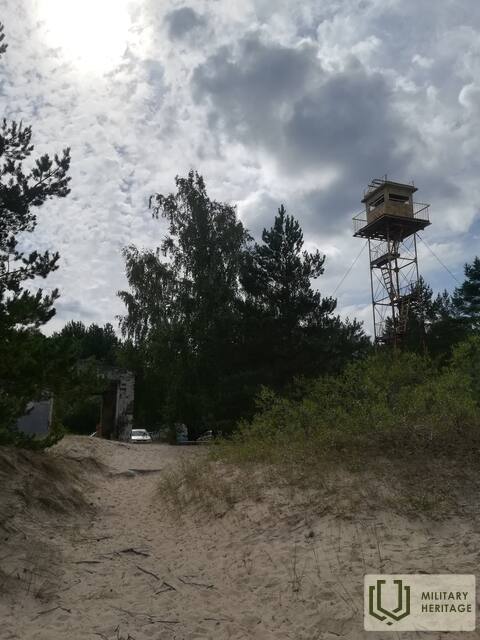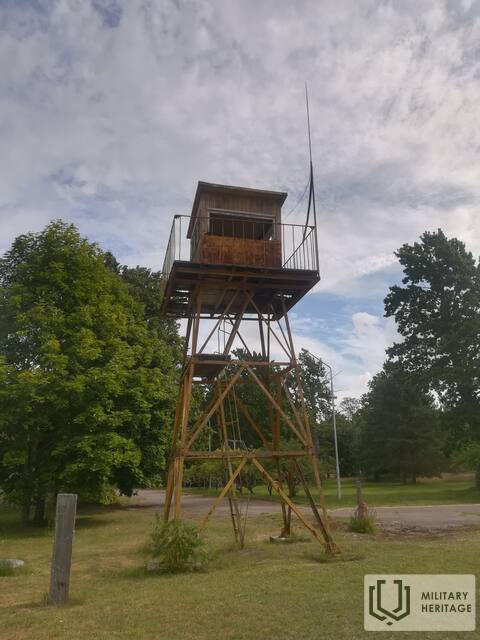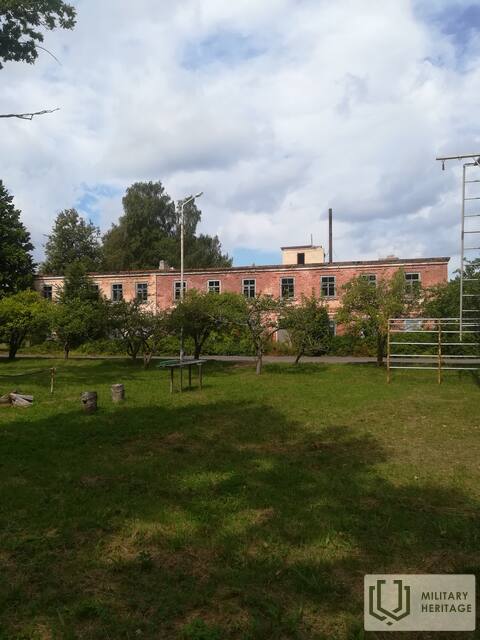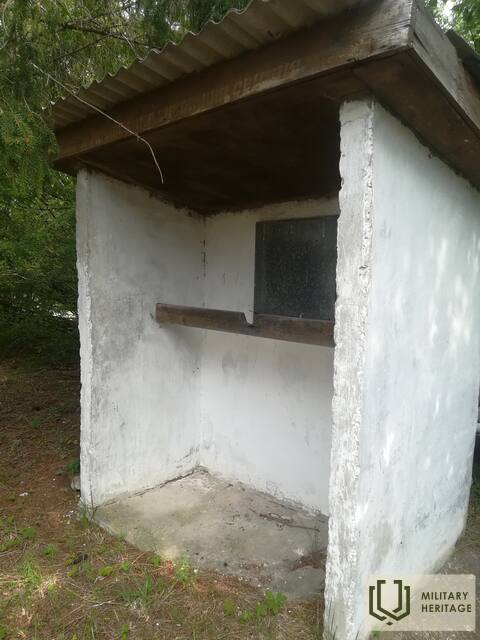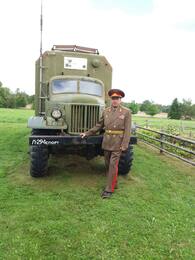In the footsteps of a spy
People's memory is sometimes quite short. Now, when everyone can go and go wherever they want, many cry about the lost cheap sausage, but they have already forgotten that right behind Mērsrags, in front of the road, a striped bomb often landed and armed Russian soldiers, called border guards, let them through only with written and stamped passes. And not just any resident of the Latvian SSR could receive a permit, but only those who had first received a so-called summons from the Roja or Kolka village council, on the basis of which, after ten days, they could (or could not) receive a visa for entry into the prohibited border zone at their militia unit. I had bought a house on this unfortunate coast of Kurzeme, so every spring I and my family members had to pray and humble themselves so that the authorities would renew the entry permit.
One year our first arrival in Aizklāņi fell on Easter. After checking our documents in Mērsrags and Roja, we were additionally stopped and checked before Melnsilas – at the Dundagas knee. A border guard car and armed soldiers appeared at the intersection; the officer was reporting something on the walkie-talkie. It seemed that the vigilant USSR border guards had once again been seized by another attack of spy hunting. When we reached our house, a real military operation had unfolded near it: an army bobik with an extended antenna stood on the edge of the nora, excited phrases could be heard on the radio loudspeaker, after a short time the chief himself came running from the Kolka outpost, while a group of soldiers armed with machine guns and a wolf dog ran along the edge of the forest. We drove into our yard, from where we could watch what was happening over the fence, almost as if we were watching a spy movie.
Its plot took a completely unexpected turn: while the hound was barking loudly, border guards surrounded our neighbor's house! But August Rosenfeld lived there (may he rest in peace in the Melnsila cemetery now!) – at that time a Hero of Socialist Labor and a deputy of the Supreme Soviet of the USSR, a man who went back and forth to the Kremlin as easily as others went to the Roja department store or the Talsi market. Could such a person be suspected? However, the border guards entered his house. True, after five minutes they came out again and drove away. The operation was over, peace and quiet reigned again.
We learned much later what had really happened. It turns out that on Easter morning itself, as a fine, unkind drizzle was drizzling, Augusts Rosenfeldu, putting on a tarpaulin coat and putting his beloved gray jockey on his head, went to the edge of the forest. There he walked back and forth among the trunks, until he crouched down by a thick fir tree and carefully scratched something in the moss. As he walked, he even covered the place with needles. Not too long later, at the Kolka border guard post (where, like other border guard posts, the wall was decorated with a slogan in clear Russian (THE ENTIRE PEOPLE GUARD THE BORDER OF THE USSR) a telephone call rang out. In broken Russian, the vigilant representative of the people reported that he had just noticed a suspicious man in a tarpaulin suit in the forest - he had dug something up under a spruce tree, it seemed, a walkie-talkie, and disappeared on his own. Immediately, a combat alert was declared.
To finally give you some clarity on all this detective-military-patriotic nonsense, I must reveal that on that Easter morning, my neighbor Augusts had hidden not a walkie-talkie under the Christmas tree near his house, but…painted eggs, so that later, together with his grandchildren who had come to visit, they would accidentally find this gift left by the Easter Bunny!
…
“Well, that's a joke!”, perhaps a reader will exclaim: “Then it turns out that the Russians in Courland were as stupid as boots!”
But the truth is that they were actually smarter than the smartest: they tried to make an elephant out of any fly, to constantly remind their Moscow superiors of the dangerous situation on this embankment and so that no one would think of reducing the staff or transferring them elsewhere (for example, to the border with brrr… Afghanistan). Here, the green hats had a golden life: they could catch salmon in the streams flowing into the sea, hunt in the forests, pick mushrooms, and pick berries. When the withdrawal of the Russian army had finally begun, I read in the newspaper the Ventspils border guard chief lamenting to correspondents what terrible injustice would now be inflicted on the wives and children of the officers. Well, what do you think? They are used to gathering berries and mushrooms in the forests here and preparing them for the winter - what will they, the poor ones, do now that they have been driven out into the Russian plains?
LĪVLI - Monthly magazine of the Livonian Union and "Lībiešu krastas" 1994.No.1 - sent by Inese Roze (Talsu TIC)
Related timeline
Related objects
Collection of Soviet Military Vehicles
Edgars Kārklevalks owns a guest house called Pūpoli in the Dundaga region, and for more than 15 years he has been taking people on historical and educational trips around northern Kurzeme (including to former military areas) with his own renovated Soviet Army truck GAZ-66 (up to 24 persons) and UAZ-3151 (up to 6 persons). Soviet Army trucks and other equipment are showcased in an area around the guest house.




